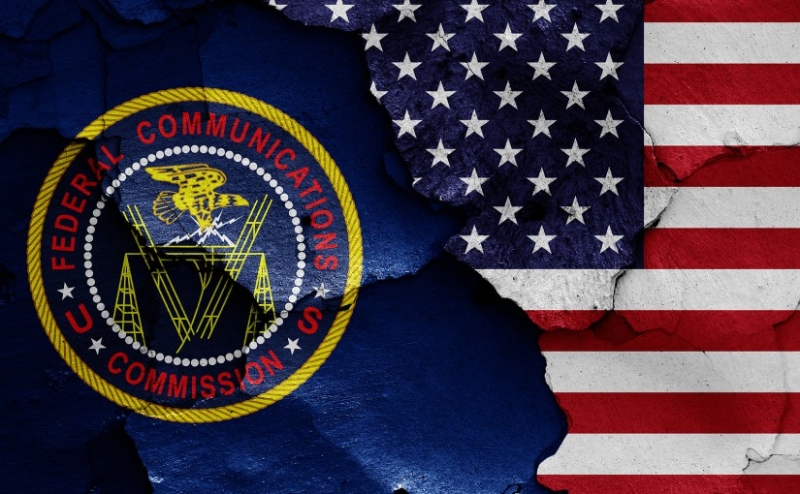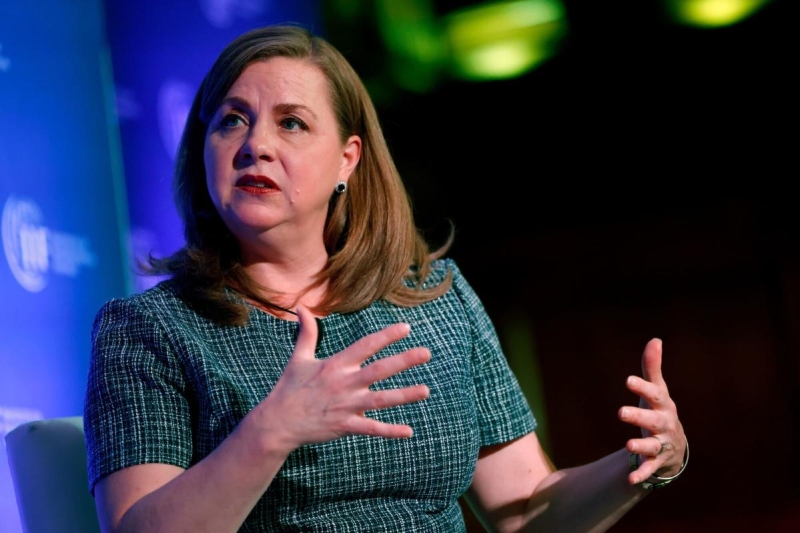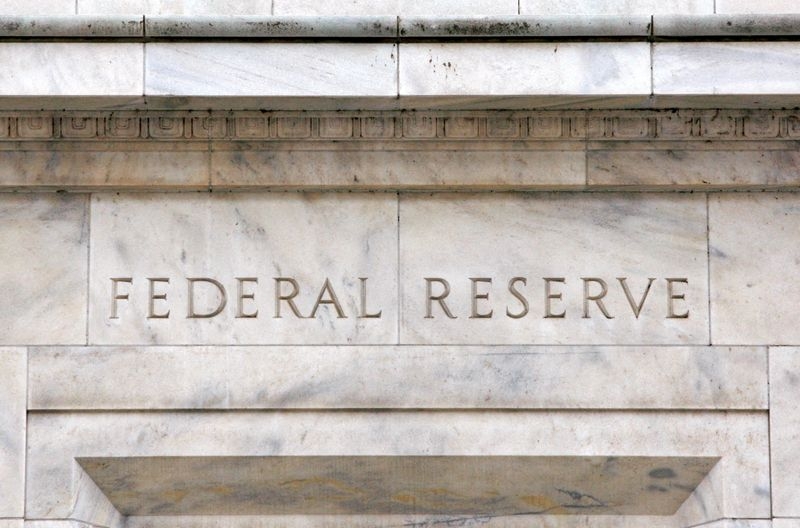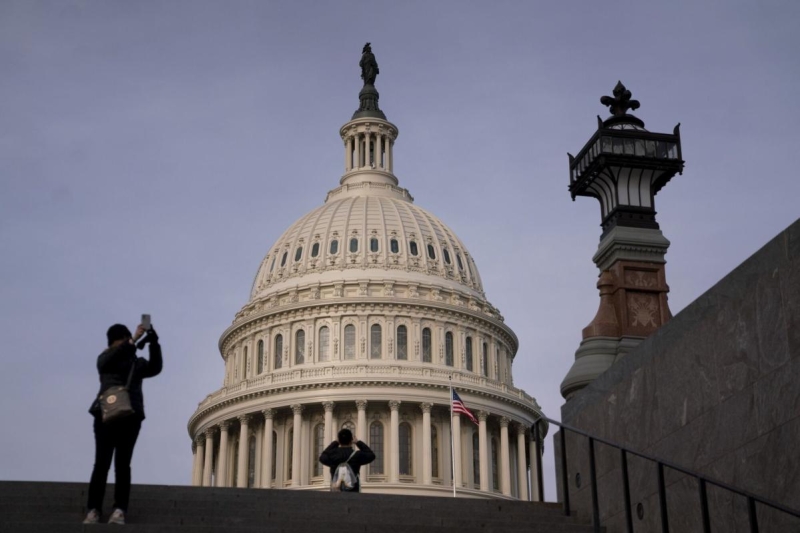
On October 11, 2024, the Federal Communications Commission announced that the effective date for Telephone Consumer Protection Act (TCPA) rules on revoking consent for unwanted robocalls and robotexts is set for April 11, 2025.
On February 15, 2024, the FCC adopted the TCPA Consent Order in the above-captioned proceeding. In that rulemaking, the FCC adopted rules making it simpler for consumers to revoke consent to receive unwanted robocalls and robotexts. Callers and texters must honor these opt-out requests in a timely manner.
The TCPA Consent Order established that these rules would become effective six months following publication in the Federal Register that the Office of Management and Budget has completed its review of the modified information collection requirements under the Paperwork Reduction Act of 1995. OMB approved these modified information collection requirements on September 26, 2024.
On October 11, 2024, the FCC announced in the Federal Register that compliance with the amendments and new rules set forth in the TCPA Consent Order as contained in 47 CFR §§ 64.1200(a)(9)(i)(F), (10), (11) and (d)(3) is required as of April 11, 2025.
Background of the TCPA Rules on Revoking Consent for Unwanted Robocalls and Robotexts
The TCPA restricts robocalls and robotexts absent the prior express consent of the called party or a recognized exemption. The FCC has made clear that consumers have a right to decide which robocalls and robotexts they wish to receive by exercising their ability to grant or revoke consent to receive such calls and texts.
The FCC has now adopted new rules to strengthen the ability of consumers to decide which robocalls and robotexts they wish to receive, codified the FCC’s past guidance on consent to make these requirements easily accessible and apparent to callers and consumers, and closed purported loopholes that allow wireless providers to make robocalls and robotexts without the ability for the subscriber to opt out.
What is the Practical Impact of the TCPA Revocation Rules?
As previously discussed by FTC defense and telemarketing compliance attorney Richard B. Newman, in March 2024 the Federal Communications Commission announced that it adopted new rules and codified previously adopted protections that make it simpler for consumers to revoke consent to unwanted robocalls and robotexts (specifically, autodialed and/or artificial/ prerecorded voice calls and texts) while requiring that callers and texters honor these requests in a timely manner.
In pertinent part:
- Revocation of prior express consent for autodialed, prerecorded or artificial voice calls (and autodialed texts) can be made in any reasonable manner (callers may not infringe on that right by designating an exclusive means to revoke consent that precludes the use of any other reasonable method).
- Callers are required to honor do-not-call and consent revocation requests within a reasonable time not to exceed ten (10) business days of receipt.
- Text senders are limited to a prompt one-time text message confirming a consumer’s request that no further text messages be sent under the TCPA (the longer the delay, the more difficult it will be to demonstrate that such a message falls within the original prior consent).
- Revocation of consent applies only to those autodialed and/or artificial/prerecorded voice calls and texts for which consent is required.
- A revocation to marketing messages precludes all further telephone calls or text messages unless an enumerated exemption exists.
Telemarketers and lead generators should consult with an experienced FTC defense lawyer to discuss the scope of the new rules and protections, including, but not limited to, the scope and applicability of a revocation for one purpose to other communication purposes.
© 2024 Hinch Newman LLP
by: Richard B. Newman of Hinch Newman LLP






